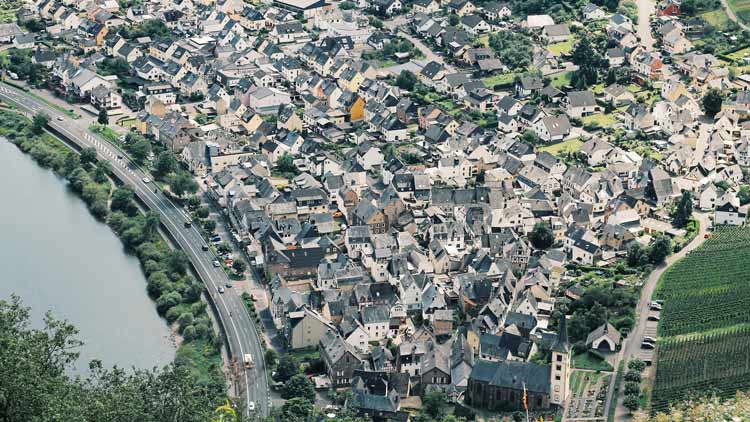Investing in the property market has never looked so appealing (depending on what your outlook was pre and post global financial crash!). Skyrocketing rents now mean that for the most part it is considerably cheaper to pay a mortgage on a home than it is to rent an equivalent home.
Some recent studies have found that a mortgage on a Dublin home is 42% cheaper annually than renting the same home. The glaringly obvious reason people still rent in this skewed market is the fact that the deposit needed to secure a mortgage is around 20% (and rising), which equates to around €50,000 for the average first time buyer.
This is where we come to the catch-22, it is becoming increasingly difficult for the average first time buyer to save for deposit as they are burdened with high rents thus eroding their disposable income. In this current economic climate it is now becoming a common trend that 30 something year olds are moving back in with their parents in an attempt to save the deposit for a home.
While it is increasingly difficult for first time buyers in Ireland, it is again possible for current homeowners to become mortgaged property investors as the banks are once again willing to lend. With this being said, any current homeowner seeking to become a mortgaged property investor will have to considerable savings as the deposit for mortgaged investors is around 50% higher than that of first time buyers. In addition to sizeable deposit needed, people looking to buy an investment property must have a sufficient monthly income. This usually tends to mean earning around 3 times the amount of your mortgage to ensure you can pay back if your tenants are late with payments.
While this certainly rules out a significant portion of the population it may be suitable for higher earners with relatively low costs. Once one has established they have the disposable income to be eligible for a loan and the deposit saved the next question is around the state of the market into the medium and long term.
In the short term, if one meets the above criteria it seems like a sensible option for anyone who wants to gain more assets or obtain a second home. Of course, as we are painfully aware, the property market can change rapidly.
The Irish economy is currently performing very strongly, with wages rising and the economy approaching full employment. These indicators are generally positive signs for a country’s economy in the medium term but also are signs of the cyclical nature of the economy (what goes up must come down!).
Although our economy is displaying signs of growth, there is the monumental impending uncertainty that is Brexit. Conservative estimates have warned of best case scenarios where Irelands GDP per capita contracts by 3% while others have warned of up to 9% contractions.
Our economy is so intertwined with the UK that we cannot make any assumption on the future based on the current shaky negotiations. What we do know is that consumers tend to put off major purchases (such as buying a house) when the there is high levels of uncertainty.
Another thing we can deduct from the current market is that the stock of housing is not sufficient, nor is the activity in the construction sector coming close to closing the gap, especially in the residential market.
Although there is great uncertainty surrounding the future of the Irish economy, there is undoubtedly going to be a shortage of rental accommodation for the next number of years which will ensure high rents.

